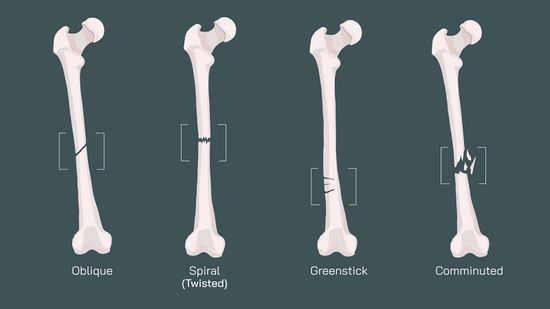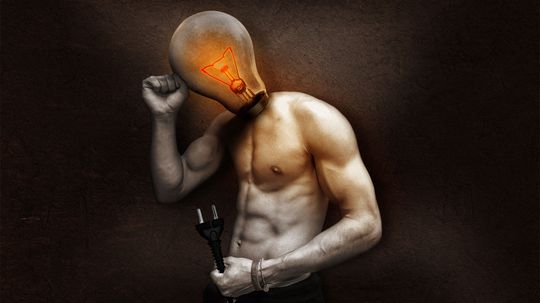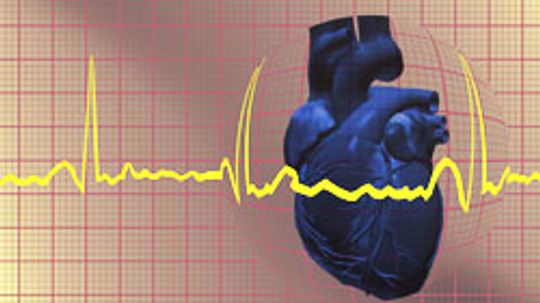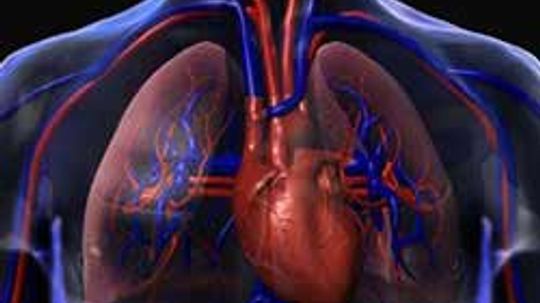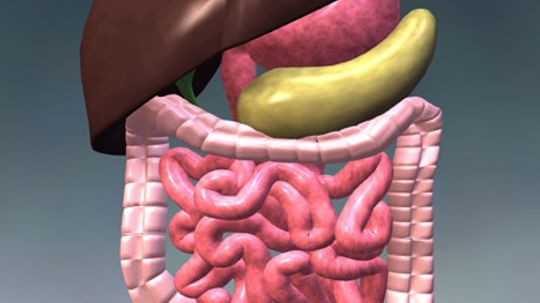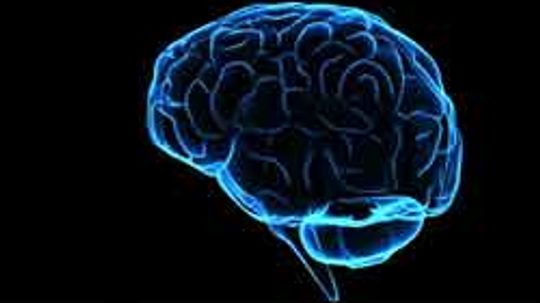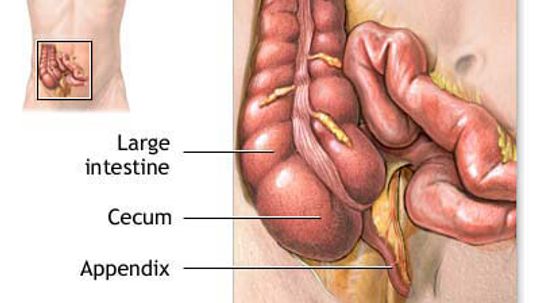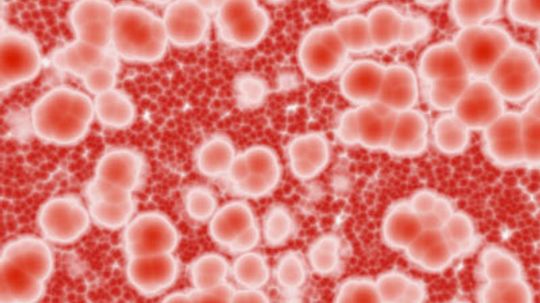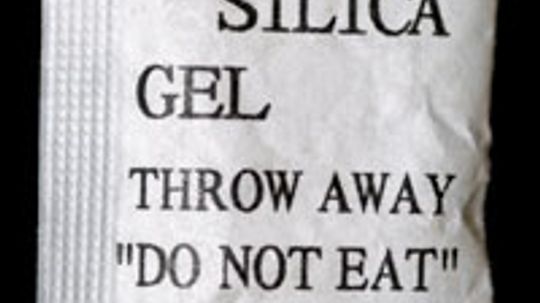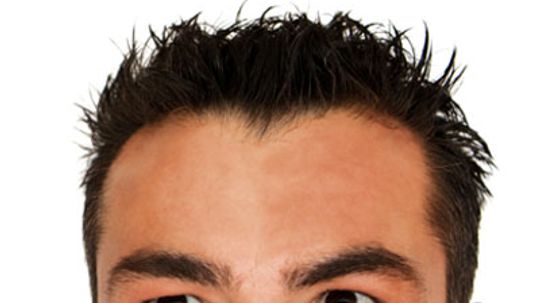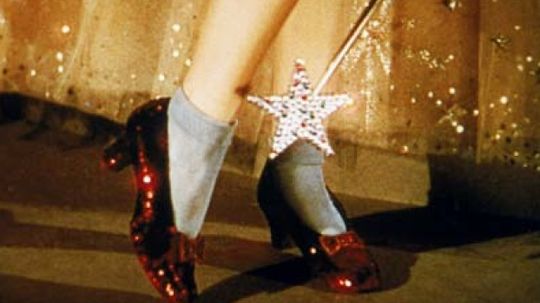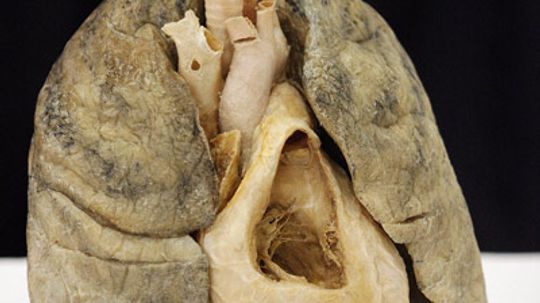Human Body
The human body is an amazing structure made up of many fascinating parts and systems. Learn about the human body and how its systems work together.
Learn More / Page 8
Lub-dub, lub-dub, lub-dub, that's usually the sound of a happy heart. But what's responsible for that steady, comforting beat, and what if your heart doesn't sound like that?
By Tom Scheve
Everything we do is controlled and enabled by electrical signals running through our bodies. But how are those signals produced?
By Julia Layton & Mark Mancini
The heart is crucial to life and the focus of love. Explore the parts of the heart and how your heart works, plus take a look at real pictures of human hearts with this gallery.
Advertisement
Have you ever wondered what your body looks like on the inside? Take a tour of your major bodily organs and learn about unusual organ conditions with these pictures.
A healthy brain works better longer, keeping memory accurate and thought processes clear. Learn more about the benefits and options of brain teasers and mind games on your health.
The brain is a complex grouping of nerve cells and other structures that help us think, react to the environment, make decisions and carry them out. Take an in depth look into one of the most interesting parts of the human body.
The human body is fantastic biological specimen. Learn more about the human body with these revealing and insightful facts.
Advertisement
Vestigial organs are like the contents of your junk drawer: an assortment of objects that once had a purpose or might come in handy. What can these evolutionary mementos tell us?
It happens more often than you may think. Sometimes a baby is born with organs outside of his or her body and has a slim chance of survival. What causes this?
Most people's organs follow the same basic layout -- heart on the left, appendix on the right and stomach in the middle. But in about 1 in 10,000 births, organs end up on the opposite side.
What does your brain really look like? It depends on how it's imaged. Take a look at all the different ways we can view the human brain.
Advertisement
Does the appendix serve any purpose in the human body? Scientists are divided on the issue -- learn why.
By Amy Hunter
Unfortunately for him, Humpty Dumpty was not blessed with the human skeletal system. Why can your skeleton do what all the king's horses and all the king's men can't?
By Robert Lamb
Everybody's stomach makes noises. Whether you call it growling, grumbling or gurgling, what is that sound and what is it trying to tell us?
Creatinine is a chemical molecule that is present in the serum (liquid portion) of the blood. The amount of creatinine produced depends on a person's muscle mass. But how is it measured?
Advertisement
"Don't cross your eyes -- they'll stick that way!" That's something most of us have heard from our mothers at one time or another. Can your eyes really get stuck?
In the movie "WaterWorld," Kevin Costner's character has a mutation that gives him gills behind the ears. Could a mutation allow people to swim in the water just like fish --without having to use any sort of scuba equipment?
Silica packets most likely contain silica gel or some other desiccant -- something that absorbs (collects) and holds water vapor. What would happen if you put that gel in your mouth?
Back away from that speaker, turn down your music, and put down that power tool unless you want the ringing in your ears to be permanent. Sound can hurt you, and that ringing may be the first sign.
Advertisement
What happens to your lunch after you eat it? As you read this, your digestive system is hard at work, taking it on a wild ride through your body.
People expel gas by either burping or flatulating. Although it's an embarrassing thing to have happen, it's also a necessity. But what would happen if you just couldn't pass the gas?
Eyebrows add expression to your face, and are often waxed and plucked in the name of beauty. But why do we have them in the first place, and what would happen if they went away?
Roses are red, violets are blue -- well, bluish. The sky is blue, too. Grass is green. These are things that most of us know for a fact and don't question. But what if you were colorblind? What would you see? Is life one long black-and-white movie?
Advertisement
Despite what people say, the tongue isn't your body's strongest muscle. But you do depend on it for eating, tasting and speaking.
By Sarah Dowdey
Why don't you have two hearts? Here's a hint: It's the same reason why you have one liver, but two eyes. Would a second heart help you live better?
By Josh Clark



